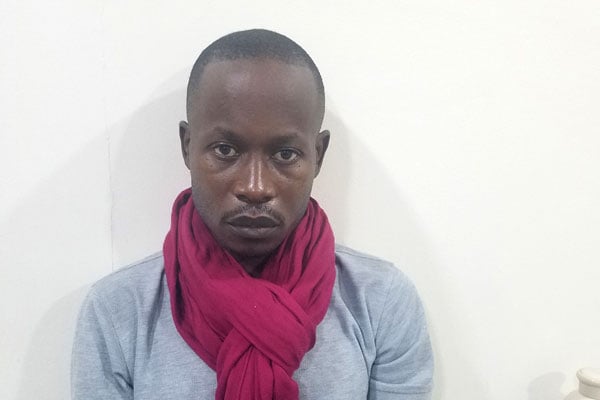Prime
Uganda welcomes new brain cancer vaccine

The new vaccine kills tumour cells and prevents cancer. PHOTO | COURTESY
What you need to know:
- The vaccine provides hope to people diagnosed with brain cancer in that it genetically edits cancer cells and transforms them into cancer killers. The vaccines also stop the disease from recurring.
Uganda Cancer Institute (UCI) has welcomed the new brain vaccine that has been developed by scientists.
The vaccine provides hope to people diagnosed with brain cancer in that it genetically edits cancer cells and transforms them into cancer killers. The vaccines also stop the disease from recurring.
“This is a hot research area with the potential for being used in the future. We will be keen to be part of this ground-breaking work,” Dr Jackson Orem, the executive director at UCI, told Daily Monitor yesterday.
Scientists from Brigham and Women’s Hospital in Boston, US, showed promising results after testing the new cancer-killing vaccine in an advanced mice model of the deadly brain cancer glioblastoma.
The team used genetic engineering to repurpose cancer cells to develop a therapeutic that kills tumour cells and stimulate the immune system to both destroy primary tumours and prevent cancer
Dr Fred Okuku, a consultant at UCI, said Uganda has not yet employed vaccine treatment for brain cancer but uses surgery to remove the tumour and radiotherapy or chemotherapy.
“The primary treatment for brain cancer is surgery to remove the tumour from the brain. When it’s impossible to remove the tumour, then we employ a combination of radiotherapy and chemotherapy. If it becomes impossible to remove it, then the cure becomes impossible,” Dr Okuku said.
He added: “We have not yet employed vaccine treatments in Uganda but we do have modern radiation machines that target tumours in the brain.
Dr Noleb Mugisha, an oncologist at UCI, said symptoms of brain cancer include persistent severe headaches despite taking painkillers, poor vision, poor hearing, and body weakness, among others.
“When someone presents these symptoms, usually, we do a brain CT scan or MRI if it tells us that there is swelling in the brain, then we suspect cancer or brain tumour,” Dr Mugisha said.
Although he did not reveal the current statistics of brain cancer in the country, he said it is not common in Uganda but is usually prevalent among young adults between the ages of 20 and 30 but can also manifest in those who are 45.
Probable causes of brain cancer
The major cause of cancers is not clear but Dr Noleb Mugisha attributes it to environmental change where the air has become dirtier and has more cancer-causing poison. He said the use of pesticides, and herbicides among others increases the risk of the disease.
“Lifestyle has also changed, many more people now are less active than our ancestors, also the food we are eating is more sugary, more carbohydrates than greens and vegetables that people ate in the old days which puts us more at risk,” Dr Mugisha said. According to specialists at Mulago, the fee for treatment entirely depends on the type of tumour one has. In Kenya, it costs about $10,000 (Shs37m) while in India, $15,000 (Shs56m) and at Mulago hospital in the general ward, it is free.




